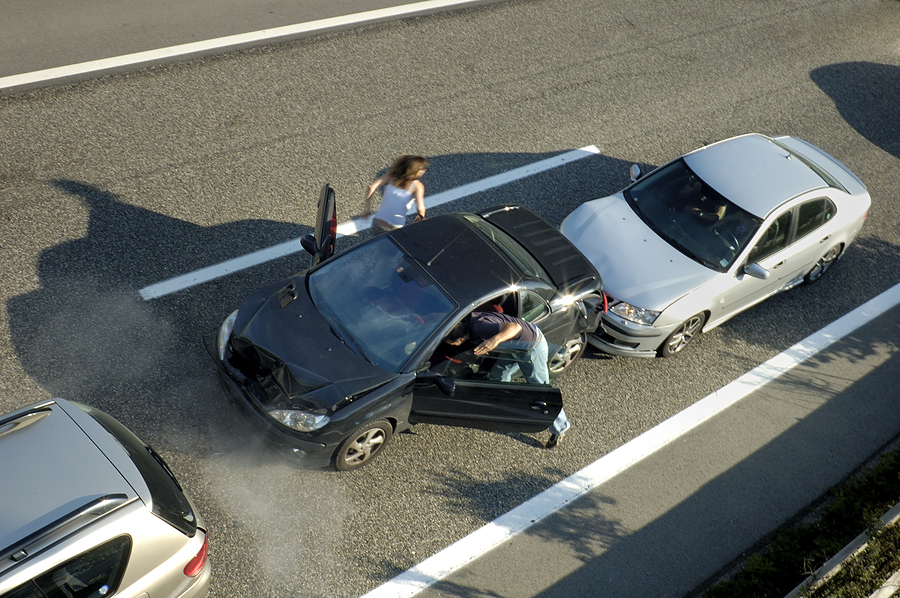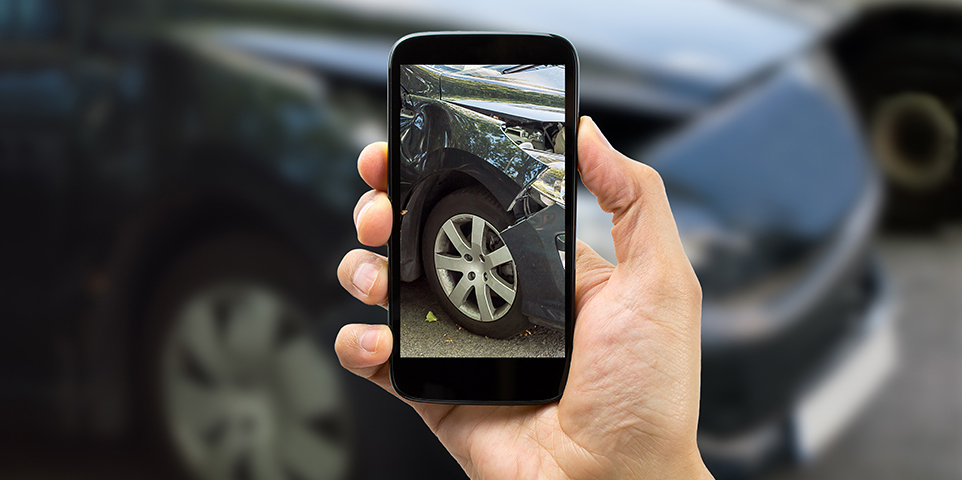I was an auto insurance claims adjuster with experience in liability, property damage and medical claims in my previous career. It was a tough job. I was often overworked, as claims are a Sisyphean task and you’re never caught up, plus no one likes to chat it up with their insurance guy. I mean, who likes to talk about their recent car accident?
Despite those aforementioned issues, it was a good job because you could often help people at a bad time. It’s also a time to educate them about insurance coverage and the claims process. Like many aspects of daily life, you never think about your auto insurance unless you have to, and the claims process can be daunting.
As a former insurance dude, I tend to be the guy my family, friends and coworkers go to when they a claim and want to know what to expect. I always help as much as I can to make the process easier and relieve any anxiety from an often-traumatic experience.
Not all claims are the same. There are variances on what is covered, the coverage amount and claims handling process. Each claim is unique to the situation and to the insurance company involved. With that in mind, here are some tips, and expectations from the auto insurance claims process.

Make sure you exchange insurance information with the other folk(s) involved and to take pictures of the other vehicle’s license plate and their driver license. This might sound like paranoia, but it’s not uncommon for a driver to skip out after an accident, or never file a claim or police report. People might not answer the phone after an accident but their insurance info, and pictures of their driver license and license plate can help your claims adjuster track down the other driver.
From my claims experience, the police don’t come out for low-velocity accidents, accidents without serious injuries or incidents that occur in parking lots. Obviously your accident is a big deal, but the local police are often over inundated with calls and will advise you to exchange info with the other driver in many instances. If law enforcement comes out, give a statement to the best of your ability, and take pictures of the police report information.
My excessive documentation sounds like a form of distrust, and that might be so, but I worked claims with the simple concept of “If it isn’t documented, it didn’t happen.” Your claims adjuster works for you but can’t take word-of-mouth as facts. Plus, one’s memory can falter, and to have pictures of everything benefits your claim.
I recommend keeping all documents from the claim (police report, insurance exchange forms, etc.) organized in an envelope or folder. This includes notes that you might write while on the phone with the claims adjuster or law enforcement. A claim can be a CYA moment, and your records will help you.

Your initial phone call with the adjuster will likely include going over the facts of loss, injuries sustained and reviewing coverage. Don’t be afraid to ask questions about anything related to the claim. It’s the adjuster’s role and responsibility to inform you of expectations, processes and your coverage.
Depending on the nature of the claim, you may have to give a recorded statement to the claims adjuster from your insurance or the other guy’s carrier. The purpose of it isn’t to interrogate you, but rather to get the facts in a manner that protects you from having your statements misconstrued or altered.
Recordings are more accurate for the facts of loss if there are any disputes. In my personal and professional life, recorded statements benefit you.
The adjuster’s liability decision is based on the information provided to them. This info includes the physical damage from the vehicles and property involved, your statement, the other driver’s statement, statements from passengers and/or witnesses, police reports and if any vehicle involved has a dash cam. Dash cam footage was a rare occurrence in my time, as I had only one claim with dash cam footage. It was one of my easier liability decisions.
Like I mentioned before, this is an overview of the claims process, and each claim is unique to those involved, the incident and insurance.
Take care on the road, safe travels and hopefully you never have to use this guide.





